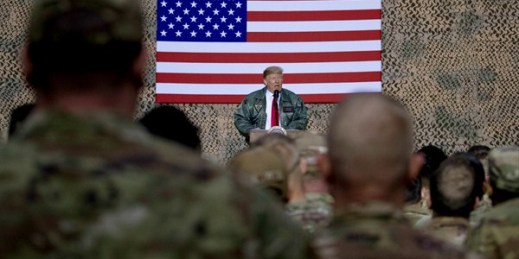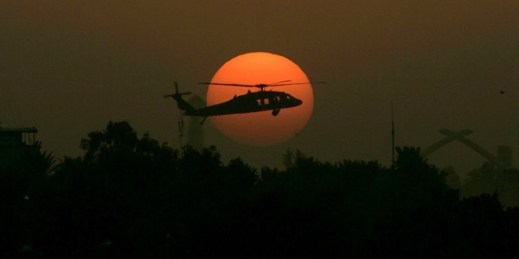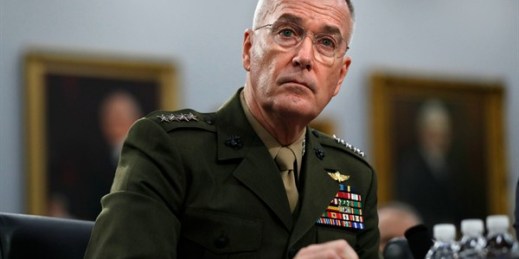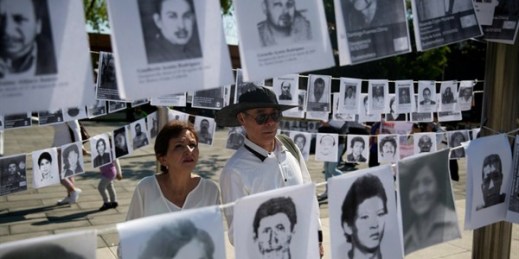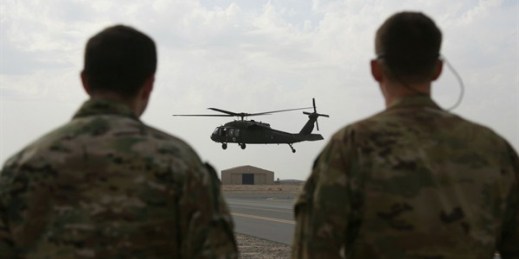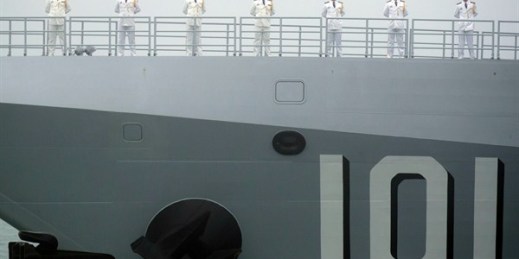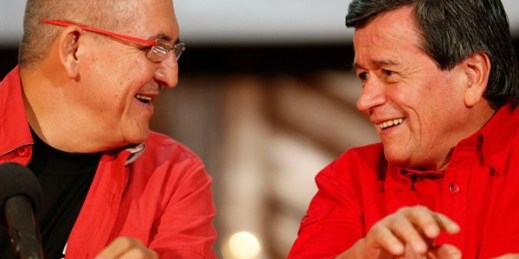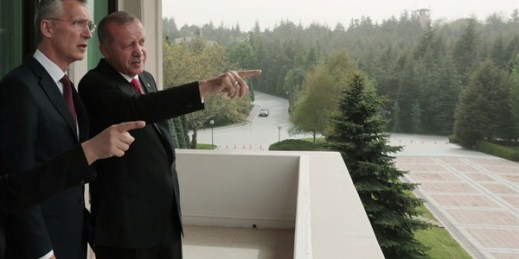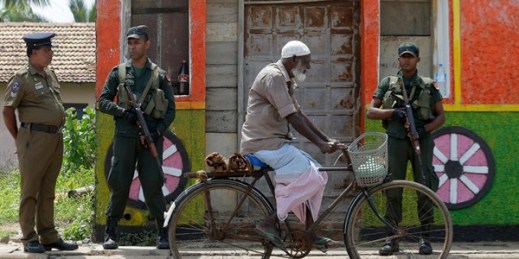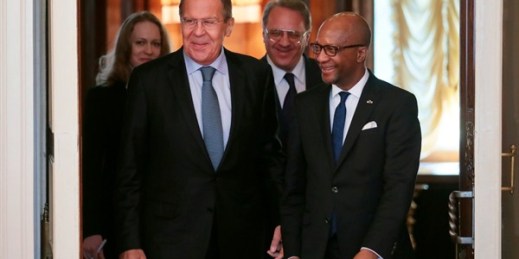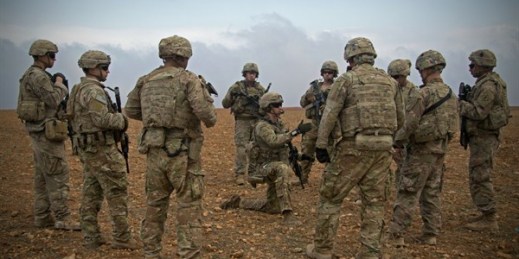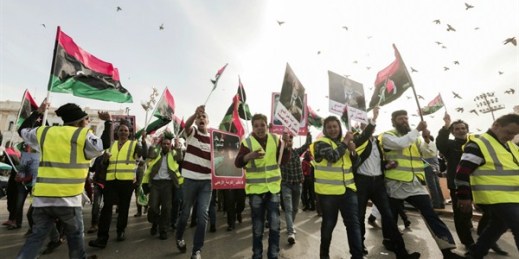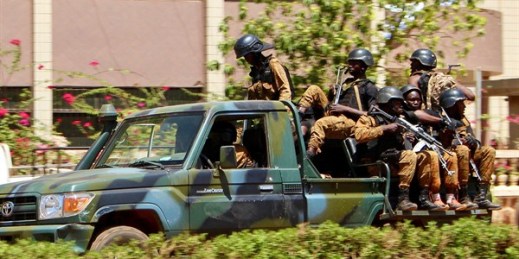
On May 12, unknown attackers killed a Catholic priest and five worshippers in northern Burkina Faso, before burning the church. Two days later, four Catholics were killed in a separate attack in the region. It was the third attack on Christians in Burkina Faso in just three weeks. Then, two weeks later, gunmen raided another church in the region and shot four people dead. The targeting of both Catholics and Protestants in the country comes amid a wider unraveling of security that has killed and displaced Muslims and Christians alike. In this rising crisis, the escalation is outpacing the government’s […]

